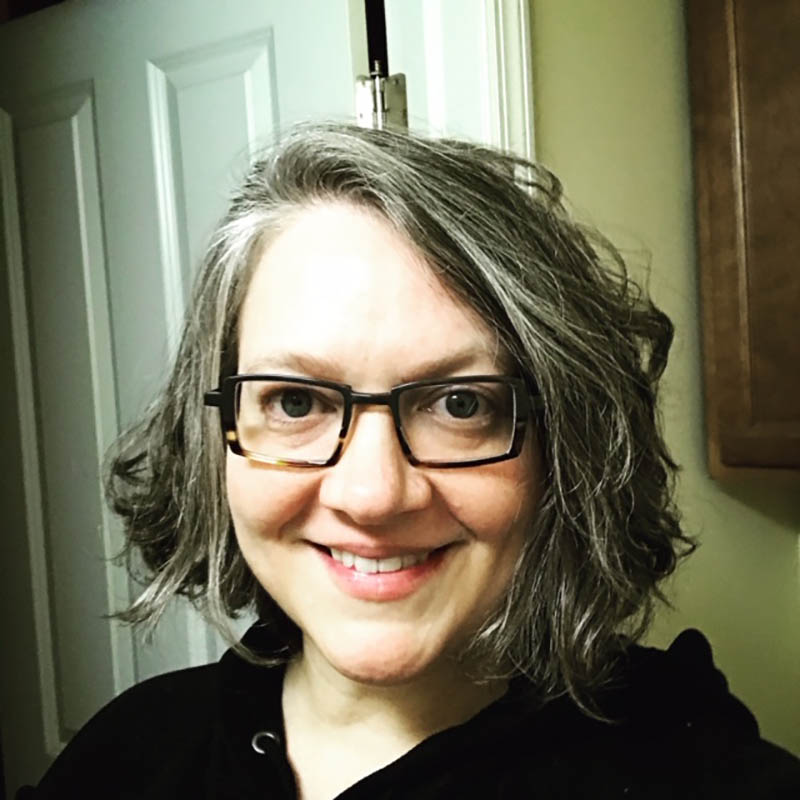Faculty Feature: Meet Molly Rice, M.F.A., Conservatory of Performing Arts Instructor and Playwright

"Students can expect to be both challenged and supported in my class; good writing requires rigor and vulnerability, and I work to make my classes safe spaces for the brave excavation that great writing requires. I encourage students to dig deep into their own lived experience to create emotionally honest, finely-drawn characters and carefully articulated worlds."
Tell us about your professional experience and how you incorporate it into the classroom?
As a a writer of diverse types of plays (including site-specific, devised, community-engaged and musicals) and an artistic director of RealTime Interventions, I’ve accrued a broad range of experience that informs me in working with writers to develop their voices. I mainly teach writing courses, but I also teach seminars in self-production, generating new material and new ways to approach narrative structure. In all my courses I strive to create unique learning paths for each student.
In my graduate-level playwriting class, for example, writers build customized reading/seeing/doing lists as research for their theatre projects that combine not only plays and performance theory, but pop culture, music, visual arts, pulp fiction, old maps, archived online discussions and other ephemera that may uniquely inform or inspire their work. My own plays and "theatrical experiences" are inspired by wide-ranging sources, from true crime books to strange hotel rooms to old photos to songs on the radio; because that's how I work. I encourage my students to make their creative minds as porous as possible and to playfully connect seemingly unconnected images and thoughts as they build theatrical worlds.
My goal is to help writers abandon themselves to their own creativity and to better access their always-inventive subconscious.
What classes have you taught at Point Park University?
In the low-residency M.F.A. in writing for screen and stage program I teach:
- Playwriting
- Contemporary American Playwriting (a survey of works by diverse playwrights of the past 10-15 years)
- Genre, Form and Style (an interrogation of audiences, genres, and individual writers' voices in theater, TV and film)
- Playwriting
- Site-Specific Playwriting in Historical Spaces ("Plays In Place" for short)
- Theater History
In the cinema arts program:
- Writing for Video Games (this class is a blast!)
What can a student expect in your classes?
They can expect to be both challenged and supported in my class; good writing requires rigor and vulnerability, and I work to make my classes safe spaces for the brave excavation that great writing requires. I encourage students to dig deep into their own lived experience to create emotionally honest, finely-drawn characters and carefully articulated worlds. They're expected to become fully invested in their colleagues' work, approaching the giving of feedback with the same care and passion they offer to their own writing process. They'll be asked to explore myriad narrative structures, from those of Aristotle to those of contemporary experimental playwrights and theater-makers. Often students are surprised by their own potential to create powerful work as they emerge from my class, and that's what I'm going for.
Is there anything else you would like to add?
There is a wealth of extraordinarily talented, knowledgeable, and supportive faculty in the Conservatory of Performing Arts who are consummate artists in their own right, yet make their students' growth a primary focus. I am constantly amazed by fellow faculty's commitment to the students as well as the high caliber of their own creative professional work. It's a great time to be in the arts at Point Park.

